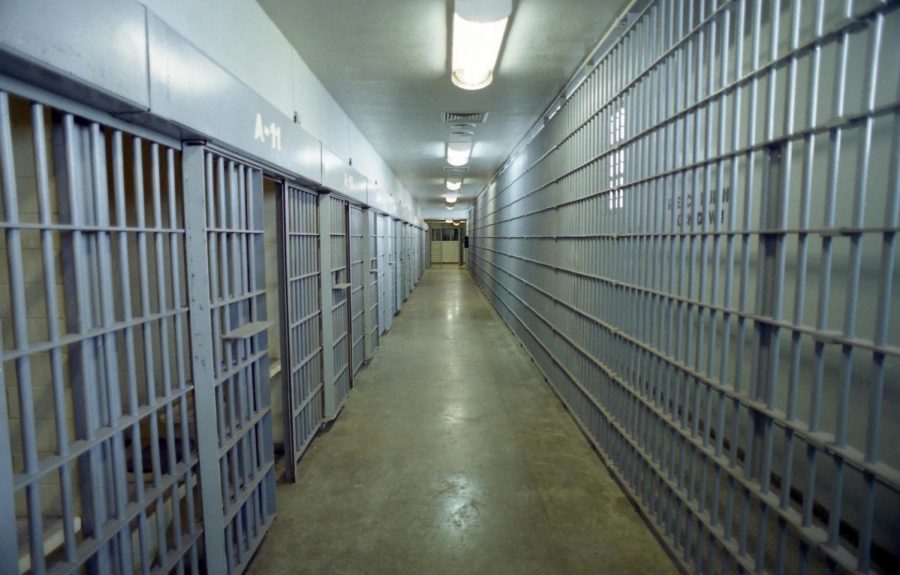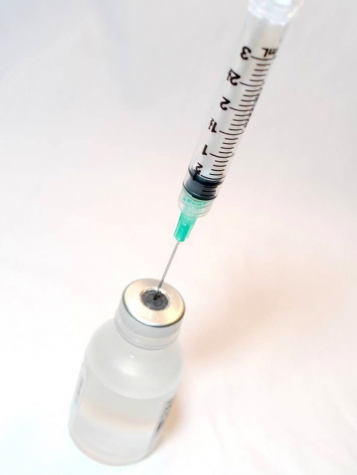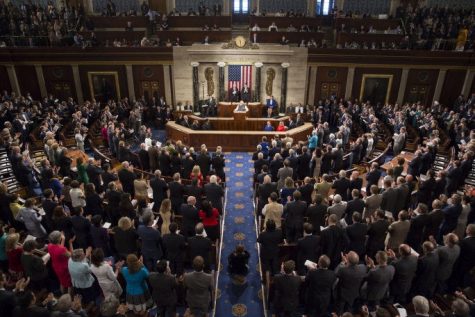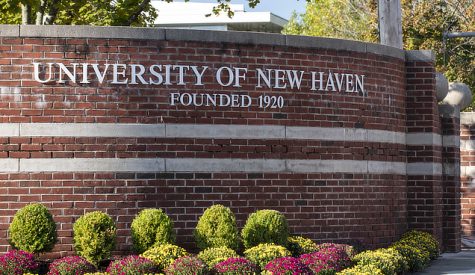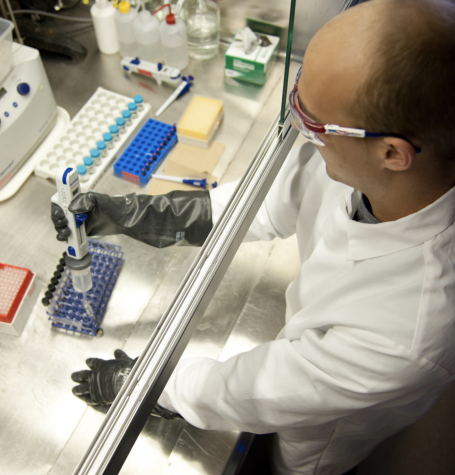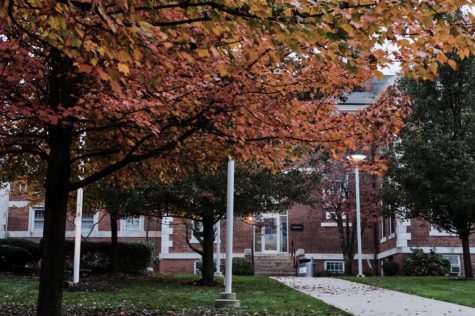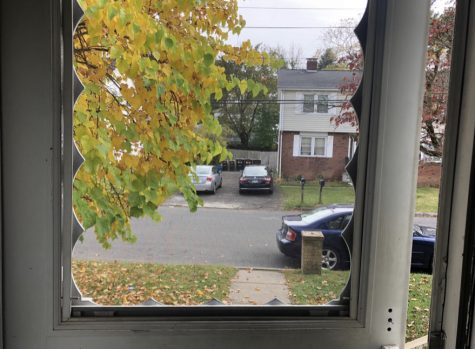Connecticut Prisons’ Response to Coronavirus
Following protests outside Connecticut Gov. Ned Lamont’s residence over his decision to not release prisoners amid the global coronavirus pandemic, 700 prisoners were released from state correctional facilities.
According to Connecticut’s Department of Corrections (DOC) website, 52 staff members along with 46 inmates in prisons across the state have tested positive for COVID-19. Also, 124 inmates were tested for the virus. Fifteen of those inmates tested negative, and 35 who tested positive for COVID-19 were “transferred to an isolation unit at the Northern Correctional Institution” on Wednesday.
“This decision is in line with the Centers for Disease Control and Prevention (CDC) guidance for correctional and detention facilities,” said a DOC press release, “which recommends establishing medical isolation units where positive COVID-19 patients are managed in cells with solid walls and solid doors that close fully.”
The Northern facility, according to the release, has a ventilation system similar to those in hospitals and medical institutions.
Since COVID-19 first hit Connecticut, more than 700 prisoners have been released, DOC spokeswoman Karen Martucci said in a press conference Monday. The exact number of prisoners released, however, is unknown.
“I would not classify our efforts as a mass release, however,” said DOC Commissioner Rollin Cook in the conference, “the early focused attention on releases is evident.”
All of the inmates let go were already eligible for an early release, but in the face of the pandemic, the DOC chose to quicken the process.
Martucci also said the DOC has resorted to using extra spaces within the system created in recent years by a shrinking population to transfer prisoners and disperse them where possible to minimize the spread of the virus within the state’s prison system.
The DOC website has also set up a COVID-19 FAQ with 15 questions and answers regarding what the prison is doing about the outbreak.
As for what is being done to protect inmates, the DOC says in the FAQ, “Offenders continue to have access to health care. All fees associated with health services appointments have been suspended to ensure ample treatment is provided at no cost to offenders. Operational procedures have been modified to limit movement within the facility without compromising the daily needs of the offenders.”

Amanda is a senior majoring in communication with a concentration in journalism, and a double minor in political science and English. She has been involved...

